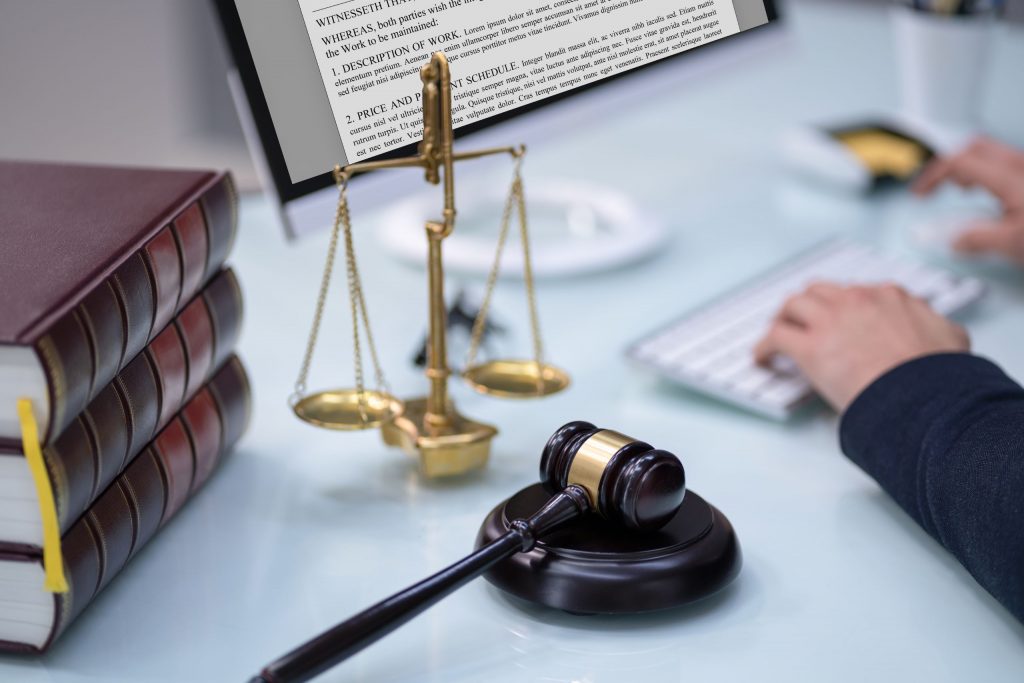Maintaining the rule of law and guaranteeing justice depend on effective gathering of legal evidence. It is the basis of good investigations and strong prosecutions. Modern studies have shown the dark web to be a major actor as it offers a special venue where illegal actions usually take place. Law enforcement and attorneys have to change their strategies to negotiate this challenging terrain.
Dark web search engines have evolved into vital tools for evidence-gathering as they let researchers find important data that could otherwise go unnoticed. These specialized search engines provide the access to underground networks, therefore enabling the gathering of evidence on cybercrime, trafficking, and other illicit activity.
Readers of this paper will investigate how these dark web search engines improve efforts at legal evidence gathering, therefore encouraging responsibility and safety in the digital sphere.
Dark Web Search Engines’ Place in Legal Investigations
Designed to negotiate the secret areas of the internet, where conventional search engines cannot reach, dark web search engine is a specialized tool. By indexing material from the dark web, these sites let visitors find information on potentially illegal or covert activities such cybercrime, drug trafficking, and human trafficking.
These instruments are very important for legal investigations as they provide law enforcement and cybersecurity experts necessary information. Data discovered on the dark web allows detectives to pinpoint criminal networks and compile evidence required for convictions.
For example, dark web search engines were mostly used in the research on the Silk Road market to enable police to locate and capture important actors engaged in the illicit drug trade. In situations of identity theft, dark web search engines have also helped detectives locate stolen data traded on illegal forums, therefore identifying and arresting offenders. All things considered, dark web search engines are rather helpful in revealing covert operations, therefore assisting law enforcement’s efforts in preserving public safety.

Methods of Gathering Legal Evidences
Using specialist tools and technology to guarantee both accuracy and legal compliance, investigators gather evidence from the dark web using many techniques. Usually beginning with web scraping tools to collect data from markets, forums, and other hidden websites, they These instruments reduce detection by automating data collecting.
Using VPNs and the Tor browser helps investigators also maintain anonymity and access to dark web content securely. Tools such as Maltego and Data Mining Software help one to analyze patterns and connections in acquired data.
Investigators use strict protocols to ensure the legally permissible nature of the acquired data. They meticulously document the collection procedure and note precisely when and how the evidence was obtained. Following chain of custody guidelines ensures that the evidence is preserved unmodified and under protection. Legal experts may then review collected data to ensure it conforms with the relevant laws and regulations, therefore ensuring its practicality in court procedures. This cautious approach helps to enhance the reliability and honesty of the investigating findings.
Problems and Resolutions for Gathering Dark Web Evidence
From the dark web, investigators have several difficulties gathering evidence. While the dynamic nature of dark web material can result in the loss of important evidence, user anonymity hampers the identification of suspects. Furthermore absent is the technical knowledge needed to negotiate these systems.
Using cutting-edge de-anonymizing and data preservation technologies can help one overcome these obstacles by greatly improving evidence collecting. Working with cybersecurity professionals will provide investigators the required technical knowledge and perspective. Frequent audits and change of investigation methods guarantees teams remain current with changing dark web trends.
One cannot stress the value of specific training for researchers. Training courses emphasizing dark web dynamics, digital forensics, and cyberlaw enable investigators to effectively negotiate challenging situations. Constant learning encourages a proactive attitude that helps researchers to fit new problems and technology in the dark web terrain. In the search of justice, investing in specific training finally results in more effective evidence collecting and stronger cases.
Guaranteeing the Integrity and Security of Gathered Data
Investigators using a methodical approach help to preserve the integrity of digital evidence. They first access storage devices via write-blockers, therefore prohibiting any data modification. This guarantees unchange in the original evidence.
The working copies for study are therefore accurate bit-for- bit duplicates of the data, often referred to as forensic pictures. Unique digital fingerprints of these photos are created using hash algorithms like SHA-256, therefore enabling data integrity verification all through the research.
Evidence is guarded against tampering by tight chains of custody. Every individual in charge of the evidence notes their interactions and maintains an open record of access and modifications. Evidence is held in secure, access-restricted facilities under limited personnel reach.
By way of evidence handling best standards, maintaining a consistent atmosphere and correctly labeling all artifacts serve to prevent degradation. Regular staff training on proper evidence management methods assures that digital evidence remains reliable and undamaged for court procedures and helps security even more. This all-encompassing approach encourages individuals to trust the acquired facts to be honest.
Emerging Patterns in Dark Web Legal Research
Emphasizing sophisticated analytics and artificial intelligence, emerging technologies are changing dark web research. These instruments improve tracking of illegal activity and enable efficient gathering of legal evidence. Sophisticated data mining methods let researchers go through enormous volumes of dark web data, spotting trends and links formerly hidden.
There is great possible influence on the gathering of legal evidence. Faster case resolutions and higher prosecution rates may follow from better data accuracy and speed. Furthermore, the inclusion of blockchain analysis tools helps to trace bitcoin transactions, therefore strengthening digital evidence in court.
Responding to these developments, legal systems are changing to fit the subtleties of cybercrime. Policymakers are realizing more and more the necessity of revised legislation addressing the particular problems the dark web presents. This development guarantees that investigations are not only effective but also consistent with legal criteria by means of cooperation between law enforcement and technological companies. With technology helping to improve justice and protect society, dark web legal investigations have overall bright future prospects.

Conclusion
Modern legal investigations rely on better legal evidence collection employing dark web search engines as these technologies provide required access to criminal conduct and information not accessible on the surface web. Legal professionals who can navigate the dark web will be able to locate significant evidence that can significantly impact cases—especially those involving cybercrime and organized illicit activities. Maintaining knowledge about developments in dark web technologies helps legal professionals to make efficient use of these tools, thereby maintaining their equitability to meet new difficulties in the digital terrain. Adopting the powers of dark web search engines would help legal investigations to remain ethical and successful as the legal sector develops alongside technology, therefore promoting a safer society.

